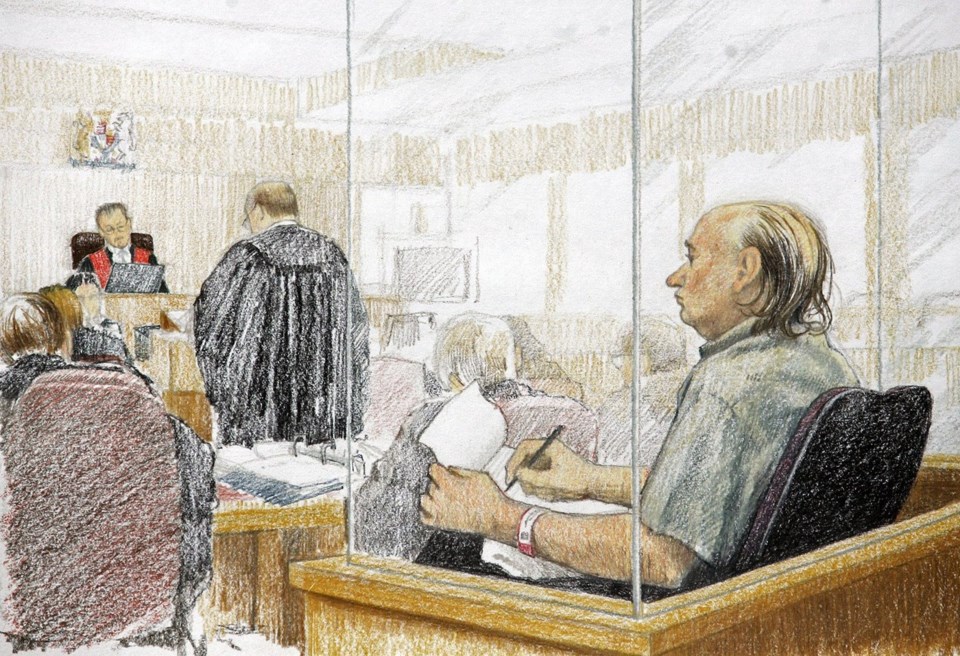VANCOUVER — A Supreme Court judge has dismissed applications by relatives of Robert Pickton's victims to intervene in court proceedings over the RCMP's plans to destroy evidence from the investigation into the serial killer.
But Justice Frits Verhoeven says the families are to be notified of any RCMP applications to dispose of evidence and the court may grant them "a limited right of audience, if deemed necessary and appropriate."
Lawyer Jason Gratl, who represents the victims' relatives, says his clients are "not unhappy" with Monday's decision, and the right to be notified and heard when appropriate is "sufficient" for their purposes.
Gratl's clients are involved in nine lawsuits against the late killer and his brother, David Pickton.
The applicants had claimed the pending lawsuits gave them a direct interest in the outcome of the proceedings, in which the RCMP is applying for directions from the court about procedures for evidence destruction.
Pickton, who died in May after being attacked in a Quebec prison, was convicted in 2007 on six counts of second-degree murder but is suspected of killing many more women who went missing from Vancouver's Downtown Eastside.
Justice for Girls, an advocacy group that opposes the destruction of evidence, withdrew their own application for intervener status before the start of the proceedings.
Sue Brown, the group's director of advocacy, confirmed the move in an interview last month.
"The court, at the end of the day, cannot order the RCMP to investigate these unsolved cases, they can only order the preservation of evidence and what we really need is a commitment politically from elected officials who are capable of ordering an investigation into the unsolved cases," she said.
There has been no indication that police plan to re-open the investigation.
But, Brown said, that is their goal.
"We think we need to take this to the elected officials, whether provincially or federally, to put pressure on the RCMP and we want to see the RCMP recommit resources and properly investigate these cases," she said in the June interview.
"At a bare minimum, they should be retesting those exhibits to see if they can identify the DNA of other missing women's cases who've never been tied to the farm."
RCMP have not yet applied to the court for disposal of any items, Monday's intervener ruling said.
This report by The Canadian Press was first published July 16, 2024.
Brieanna Charlebois, The Canadian Press




